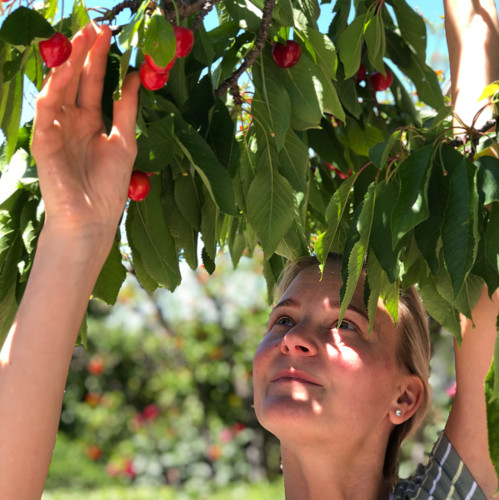
Why resilience is so important now
Resilience has become a modern word, people want to be resilient in order to overcome everyday life, stress, adverse life events, or the current lock-down measures, but what exactly does the word resilience mean? What does it look like when someone is resilient? How does it feel?
Sometimes it feels like there are people who endure suffering, experience loss and nothing seems to throw them off course, while others seek relief in an addiction, or suffer from depression, anxiety or PTSD.
Resilience has always been an important part of my counseling sessions, but I noticed how much it has become even more important now during this pandemic. When I do the "resilience" work with my clients, I usually ask them to define it in their own words. I have heard many different definitions and thus noticed how much variety the meaning of this word presents. However, most people have an idea of “indestructible” when they think of resilience. This is a slight misunderstanding, resilience is not a protective shield that protects you from misfortune, it is more an individual assessment style, how we judge the situation. It has to do with attitude and perspective, and although there is a genetic factor in resilience, it is very easy to learn.
In an article from Psychology Today (2015), researcher Raffael Kalisch, neuroscientist in resilience research, explains that resilience is not a protective armor, but a type of activity. Resilient are those who manage to see the positive or the good in the face of adversity. Their neurological reward system shows activity despite stressful circumstances. These people do not have any illusions or repress the circumstances, rather they tend to assume a positive course of things when there is uncertainty and they believe in their own self-efficacy.
This is a big topic in clinical psychology, without self-efficacy, i.e. being able to make a difference in one's situation, most treatments aren’t successful. Since the client has to experience and understand that he or she has his/her own life in their hand and thus actively contributes to their wellbeing. Kalisch also explains that resilience research shows a reduction in the number of illnesses and enables more self-development, since healthy resilience removes unnecessary fears and increases productivity. I find this information to be brilliant!
What do they have that I don't have?
Resilient people see their lives as meaningful and that things can change if you act. They have stable social network, have a realistic and healthy self-image that helps them to better assess life goals and to find ways to achieve them. Good access to one's own feelings, confidence, and hope makes a person resilient.
Cognitive restructuring example:
Thought: Everything is so terrible, there is no way out
Resilient thought: It's hard now, but it's getting better
The 7 pillars of resilience
1. Optimism ... is the ability to look optimistically and positively into the future and to believe that things will go well.
2. Acceptance… means accepting situations that can no longer be changed and letting the past be a thing of the past.
3. Solution orientated ... means, after accepting the situation and leaving it behind, to look ahead and look for solutions.
4. Leaving the victim role ... means giving up passivity and becoming active in the respective situation. For this it is sometimes necessary to change your own attitudes, reflect on yourself and become action-oriented.
5. Taking responsibility ... means showing initiative and actively working towards achieving your own goals.
6. Building a network… means the ability to establish and use a network, i.e. a system of human relationships.
7. Planning the future ... describes the prudence of actively and consciously preparing for the future.
(Source: Instahelp)
Reflection questions for more optimism:
What am I thankful for in my life?
What am I happy about right now?
What were the three good things of today?



